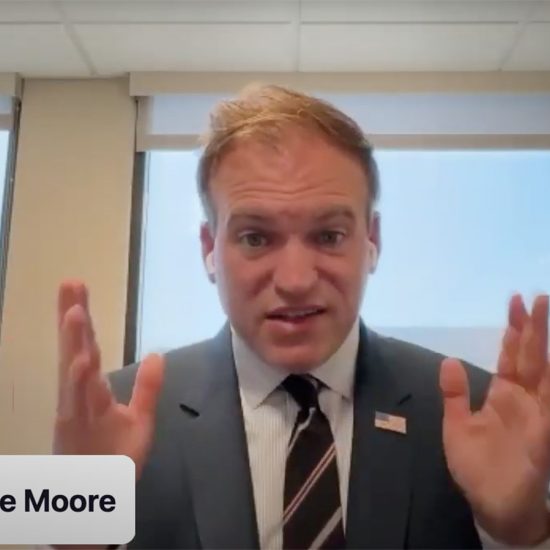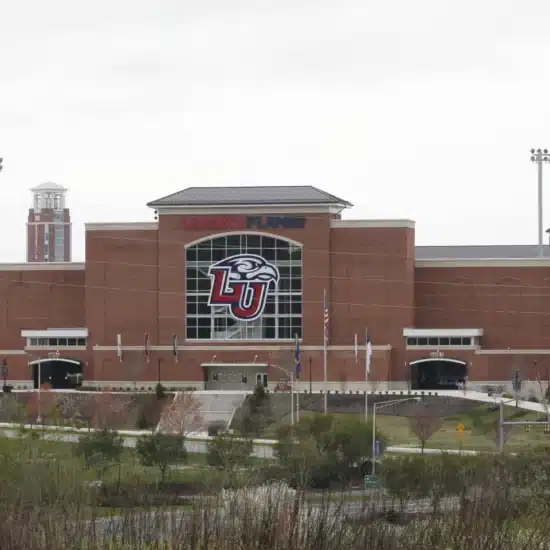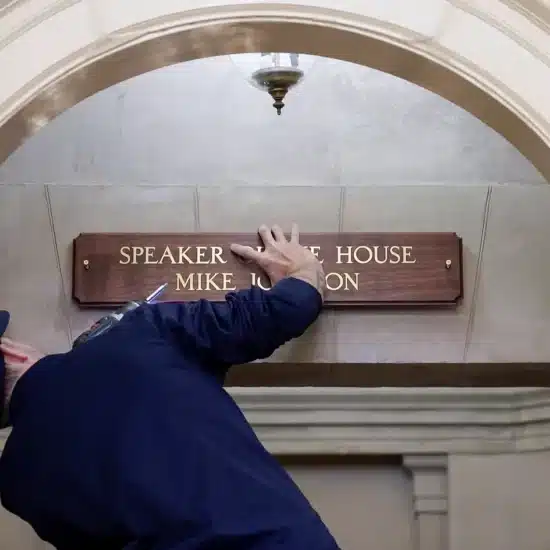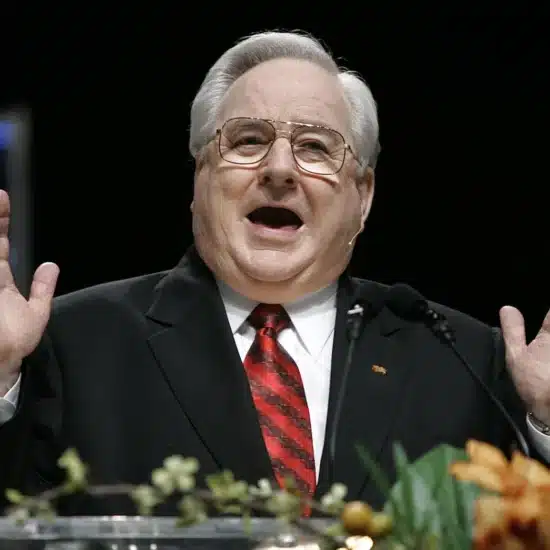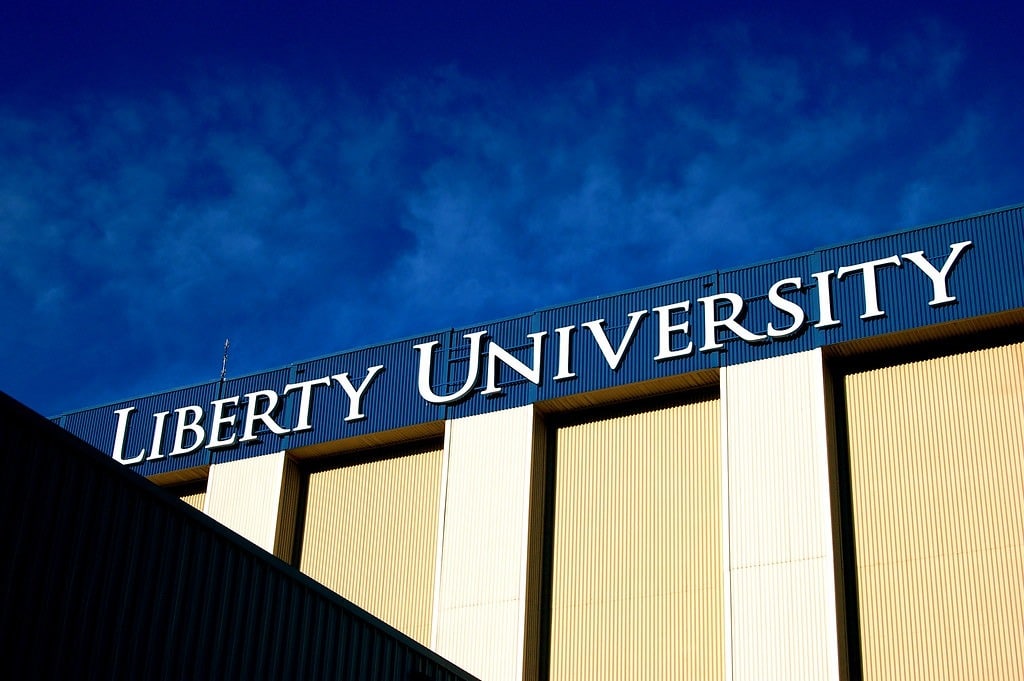
(RNS) — To read the lawsuit Liberty University brought against Jerry Falwell Jr., you might get the impression that the evangelical Christian school’s board fell prey to a master manipulator whose veneer of piety obscured a vulgar reality.
Specifically, the complaint chronicles Liberty’s roots in the Moral Majority, founded by Falwell’s televangelist father, highlights the strict code governing student conduct and underscores the responsibility of all members of the community to hold others to account. The suit then runs down the many ways in which Falwell spurned the school’s founding fundamentalist spirit and purported mission.
The filing recounts Falwell’s questionable dealings with Giancarlo Granda, the pool attendant Falwell and his wife met in Miami; it accuses Falwell of a lavish lifestyle of clubbing and alleged excessive alcohol consumption; it details his sordid social media activity. All in all, the suit tells the story of a man who flouted the rules and of a board lied to and defied, hoodwinked by some seasoned subversive.
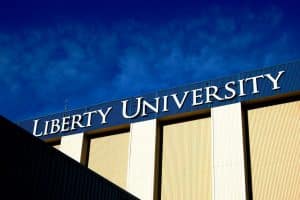
Liberty University in Lynchburg, Virginia. (Taber Andrew Bain/Creative Commons)
Requesting upwards of $41 million in compensatory and punitive damages, Liberty has charged Falwell with breaching his contract and his fiduciary duties and with conspiring to secure an unjustly advantageous contract that would shield him from the consequences of his transgressions.
Clutching their pearls, the board claims that Falwell’s pattern of behavior “induced injury to Liberty’s enrollment, impacted its donor base, disrupted its faculty … and damaged Liberty’s reputation.” In this telling, the board is portraying itself as the aggrieved victim of Falwell’s machinations.
As charming as this narrative is, it is far from honest. Don’t get me wrong. Falwell was a lamentable train wreck as president. Working for him the past decade took a toll on my soul. His behavior and character were steadfastly at odds with the stated mission of the school he was tasked with leading.
Falwell’s social media history alone demonstrates he was anything but the “spiritual exemplar” the board supposedly expected. In fact, Falwell explicitly disavowed that role in an infamous set of tweets in June 2019.
“I have never been a minister. UVA-trained lawyer and commercial real estate developer for 20 yrs,” Falwell wrote, shifting responsibility for Liberty’s spiritual health to the school’s faculty, students, and campus pastor. “While I am proud to be a conservative Christian, my job is to keep LU successful academically, financially, and in athletics.”
Earlier that year, he bragged in a university-wide convocation that when he got bored he liked to start Twitter fights (such as those he picked with politicians and Christian ministers, and even faculty and Liberty parents ).
For the school’s leaders to suddenly claim to be shocked at Falwell’s disdainful actions is culpably obtuse at best, willfully dishonest at worst. They were well aware that Falwell pushed out one of their own, Mark DeMoss, in 2016 for having the audacity and temerity to express an opinion at variance with Falwell.
They can’t pretend to have missed his remarks about Muslim terrorists, his belligerent political activism stamped with Liberty’s imprimatur, his censorship of the student paper, the Cinema Arts program’s support of a propagandistic film or his racially insensitive attack on the Virginia governor.
If “mockery and consternation in the media” were a genuine concern, why did the board say nothing about the school’s bad press through the years for students’ outsized reliance on federal student loans, for a culture of fear on campus, for callously cutting crucial programs and loyal faculty that weren’t making money fast enough for the university?
Prior to renegotiating Falwell’s contract, even a cursory Google search would have readily yielded a litany of other public relations debacles and nightmarish optics. Bombshell reporting from Brandon Ambrosino and Aram Roston from as early as 2017 gave the board the puzzle pieces that would later be joined to bring Falwell down. Yet they were remarkably incurious and conspicuously silent through that time.
Here’s the crucial point that the lawsuit attempts to obscure: These leaders let Falwell behave egregiously and recklessly. They encouraged him even. Every time they ignored Falwell’s blatant public misconduct, with every dismissal of legitimate stakeholder concerns, at every unspoken assent to his outlandish and prodigious boasts of his own achievements, he was emboldened to go further.
If the board hopes to restore the school’s integrity and keep it on mission, its members must reckon with their own culpability in Falwell’s transgressions. For who else but the board, and specifically the executive committee, could hold him to account? The stronger they make their case about Falwell’s misbehavior, the more they incriminate themselves. Neither ignorance nor neglect absolves them.
Indeed, the damage from Falwell’s tenure is far more extensive than the lawsuit suggests. The former president put profits and power over people, twisting Christian theology and biblical passages to suit his purposes. He ruled Liberty with an iron fist and made dissent analogous to disloyalty. He left the school compromised and corrupted in the structures he established.
There has been no mass exodus from leadership, no housecleaning in the administration, no clean sweep of the board. Falwell’s cronies remain in power and emulate his modus operandi.
Falwell did not inflict this damage alone. The suit attempts to advance a revisionist narrative, to scapegoat Falwell and cast the remaining administration as faultless.
For the spiritual health of the school, this redacted narrative cannot stand. The school’s leadership must own the roles they played in propagating and perpetuating the sin they now condemn with impunity and suffocating sanctimony.
Those who care about the name of Christ claimed by the institution simply must insist on real penitence, deep repentance, and radical reform at Liberty University.
Marybeth Davis Baggett is a former English professor at Liberty University and two-time alumna of the school. She is co-author of The Morals of the Story.

